Search

News & Events
New recommendations to stop antibiotics soonerThe Kids researchers are amongst a group of experts who have recommended that doctors can stop intravenous antibiotics sooner in children.
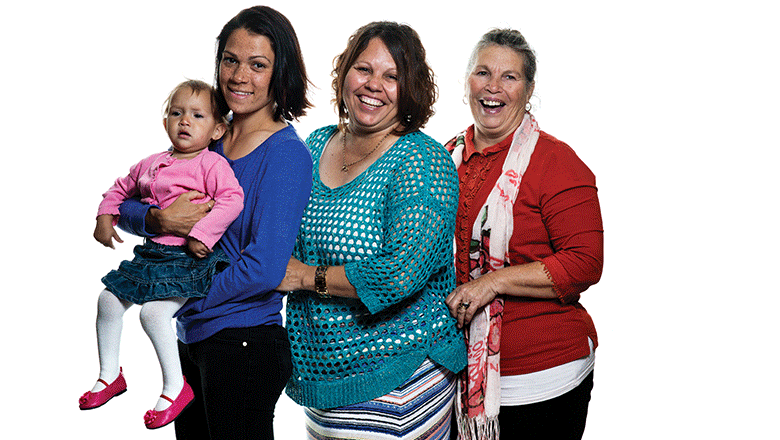
News & Events
Urgent need to reduce preventable deaths in Aboriginal MumsA study by researchers at The Kids Research Institute Australia has found Aboriginal mothers are at a significantly greater risk of preventable death than other Australia
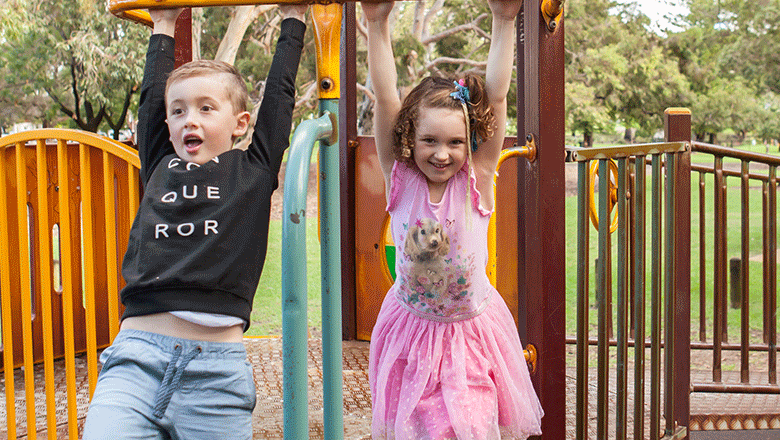
News & Events
Help our kids reach their potentialYou're invited to join the Early Childhood Development and Learning Collaboration on Monday 15 August from 7pm to help every child reach their potential.

News & Events
Infant simulators fail to reduce teen pregnancyA The Kids Research Institute Australia study has found a popular education programme where teenagers care for a "robot" baby fails to reduce teen pregnancy, and could in fac
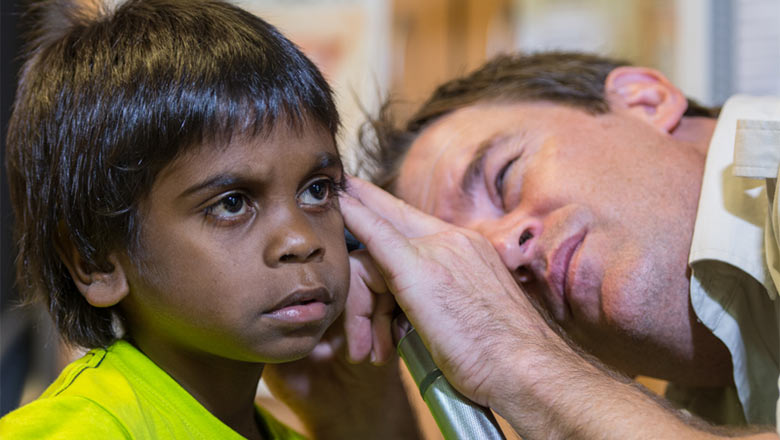
News & Events
National FASD diagnostic tool to improve outcomes for kidsAustralia's first national diagnostic tool for Fetal Alcohol Spectrum Disorder (FASD) has been developed by researchers at The Kids Research Institute Australia and the U

News & Events
Perth researchers unlocking mystery of rare seizure diseaseResearchers at The Kids Research Institute Australia are one step closer to finding better treatments for a rare disease causing children to have multiple seizures a day.
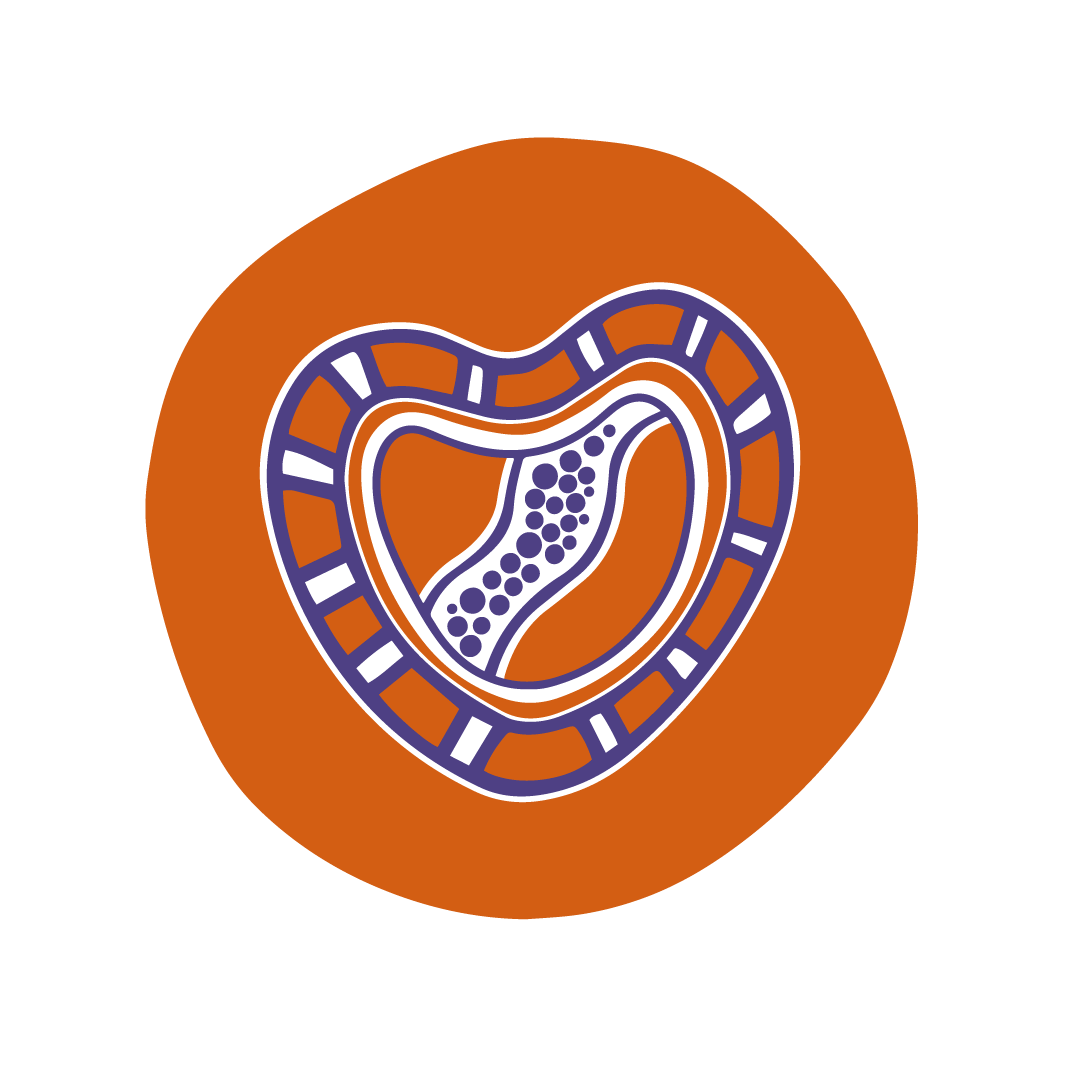
News & Events
New coalition to end rheumatic heart disease once and for allSix leading health organisations have joined a new coalition to end rheumatic heart disease in Australia, disproportionately affecting Indigenous Australians.

News & Events
Annual Community Lecture: You Are What You BreatheJoin us for our Annual Community Lecture entitled "You Are What You Breathe" with Professor Stephen Holgate.
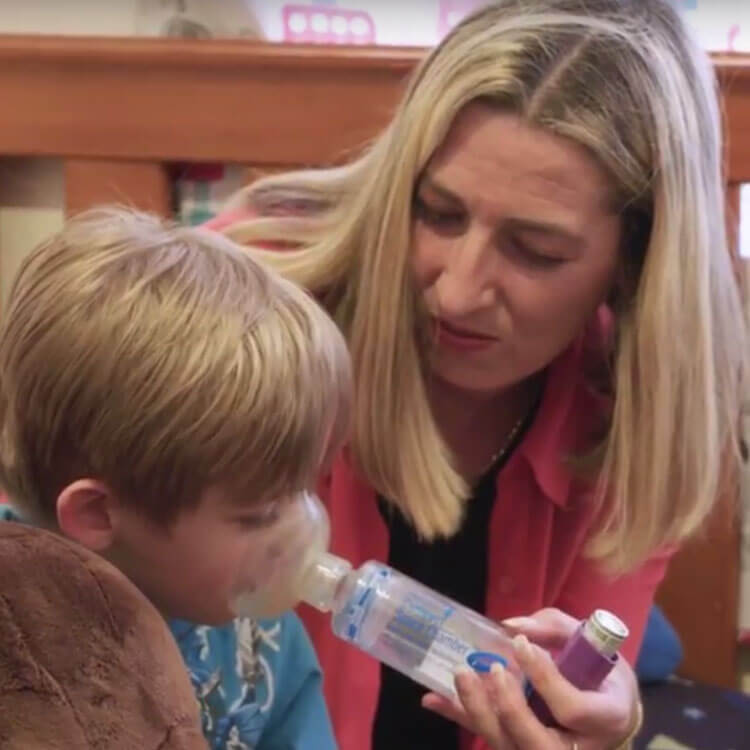
News & Events
Video: The burden of asthma - Michelle's storyMichelle has spent countless nights watching her son struggle to breathe. Our researchers are working to find better treatments for kids living with asthma.

News & Events
Video: The burden of asthma - Karen's storyThe Kids Research Institute Australia researchers are at the forefront of asthma research globally. Watch Karen's story to learn why it's so important.
